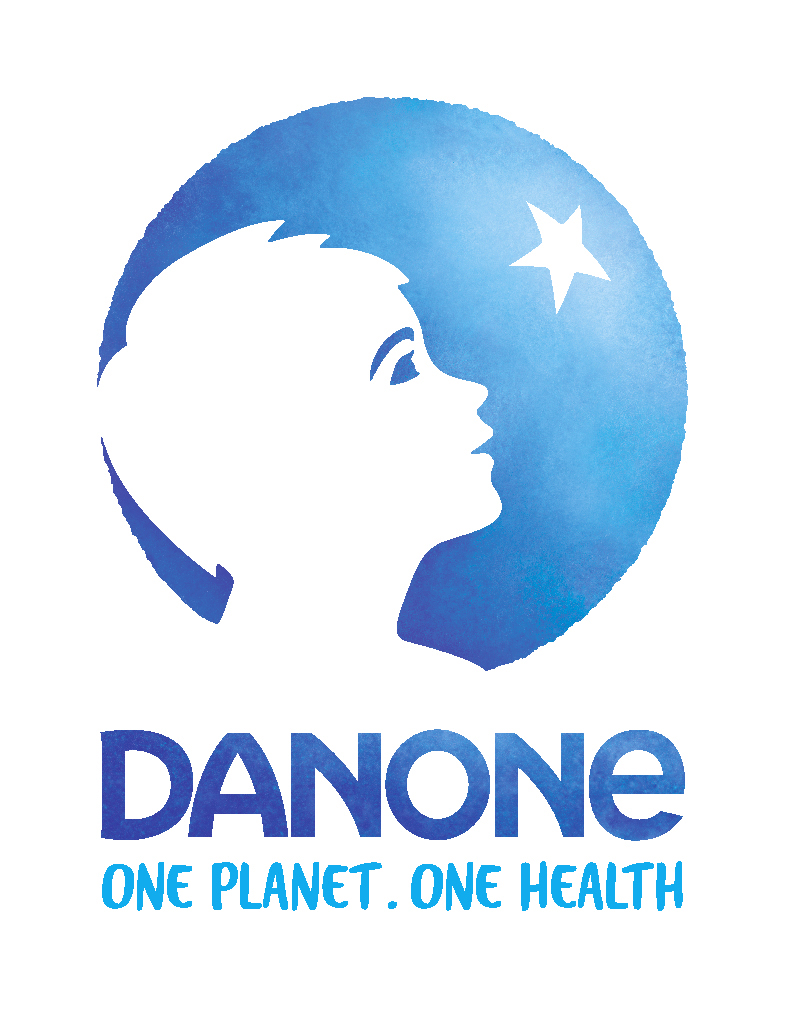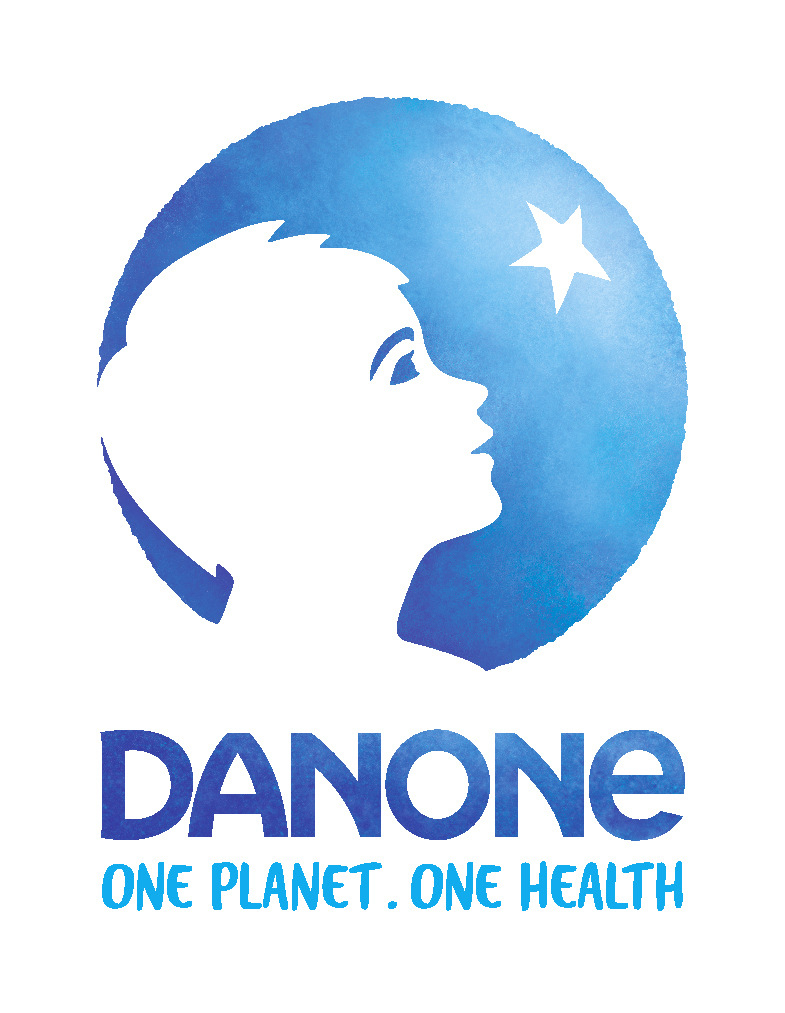

Danone Japan Co.,Ltd.

Tokyo, Japan
May 2020
Food products
Manufacturing
Japan
Danone entered Japan in 1980. As Danone’s subsidiary, Danone Japan Co., Ltd. has offered essential dairy and plant-based products in support of Danone's overall purpose to “bring health through food to as many people as possible.” Its diverse portfolio of local brands serves cross-generational consumers from infants to seniors, which includes Danone BIO, Danone Oikos, Alpro, Danone Yogurt, Danone Densia, Petit Danone, and Baby Danone. With almost 400 employees, working in Tatebayashi Factory in Gunma, Tokyo head office, and remotely across Japan, Danone Japan engages with local partners collaborating for healthier lives and sustainable planet. Since 2001, they have sponsored their international football tournament in Japan for elementary school children, educating them on the importance of healthy diet, diversity, and inclusion. Their factory operates a recycling center with recycling partners to drive circular economy. In 2022, as part of Danone’s One Planet. One Health vision, Danone Japan reframed its local impact journey articulated around three strategic actions towards reducing food waste and food loss, developing healthy food products serving the local needs of multi-generational consumers, and creating an inclusive and diverse workplace.
Overall B Impact Score
Governance 19.3
Governance evaluates a company's overall mission, engagement around its social/environmental impact, ethics, and transparency. This section also evaluates the ability of a company to protect their mission and formally consider stakeholders in decision making through their corporate structure (e.g. benefit corporation) or corporate governing documents.
What is this? A company with an Impact Business Model is intentionally designed to create a specific positive outcome for one of its stakeholders - such as workers, community, environment, or customers.
Workers 32.6
Workers evaluates a company’s contributions to its employees’ financial security, health & safety, wellness, career development, and engagement & satisfaction. In addition, this section recognizes business models designed to benefit workers, such as companies that are at least 40% owned by non-executive employees and those that have workforce development programs to support individuals with barriers to employment.
Community 21.5
Community evaluates a company’s engagement with and impact on the communities in which it operates, hires from, and sources from. Topics include diversity, equity & inclusion, economic impact, civic engagement, charitable giving, and supply chain management. In addition, this section recognizes business models that are designed to address specific community-oriented problems, such as poverty alleviation through fair trade sourcing or distribution via microenterprises, producer cooperative models, locally focused economic development, and formal charitable giving commitments.
Environment 31.1
Environment evaluates a company’s overall environmental management practices as well as its impact on the air, climate, water, land, and biodiversity. This includes the direct impact of a company’s operations and, when applicable its supply chain and distribution channels. This section also recognizes companies with environmentally innovative production processes and those that sell products or services that have a positive environmental impact. Some examples might include products and services that create renewable energy, reduce consumption or waste, conserve land or wildlife, provide less toxic alternatives to the market, or educate people about environmental problems.
What is this? A company with an Impact Business Model is intentionally designed to create a specific positive outcome for one of its stakeholders - such as workers, community, environment, or customers.
Customers 4.8
Customers evaluates a company’s stewardship of its customers through the quality of its products and services, ethical marketing, data privacy and security, and feedback channels. In addition, this section recognizes products or services that are designed to address a particular social problem for or through its customers, such as health or educational products, arts & media products, serving underserved customers/clients, and services that improve the social impact of other businesses or organizations.